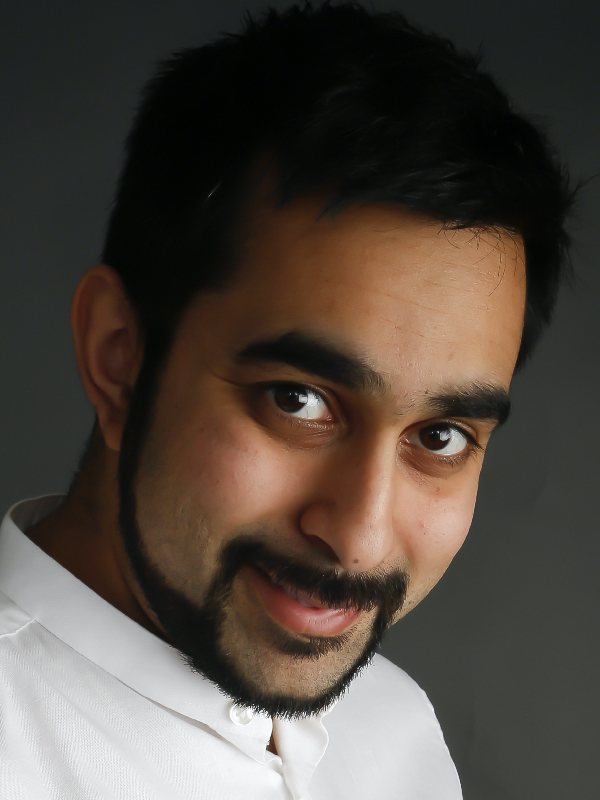Understanding how to make digital health services more inclusive and accessible
My Topol fellowship problem / project:
The COVID-19 pandemic has transformed the way the NHS provides care to its patients overnight. It has now become a service reliant on its users to interact with technology in a new way to deliver their healthcare. Examples of this include asking patients to email photos of themselves and having video consultations or booking their appointments through mobile phone apps. During my time as a Topol digital fellow I want to understand if patients who struggle to use or purchase technology are encountering difficulties in accessing healthcare. And if they do, what we might be able to do to support them to benefit from the new digital approach.
I also want to formulate some questions that healthcare providers can ask patients to help identify individuals at risk of not having the basic digital skills or access to technology to engage with healthcare. Once recognised, this can be taken into consideration when addressing both an individual’s healthcare needs; but it will also help healthcare providers plan provision of digital services for patients.
About me
In 2012, I graduated from Barts and the London School of Medicine and Dentistry with a distinction. Having completed my early clinical education in London I rotated through Kent for my specialist training in Dermatology. In February 2021, I received my certificate of completion of training and I am now starting my career as a consultant Dermatologist at Barts Health NHS Trust.
I am a passionate clinical teacher, and whilst undergoing my clinical training I obtained a ‘Certificate in Learning and Teaching’. Furthermore, in 2019, I was given the prize for the ‘Best Registrar Paper’ by the British Association of Dermatology for my oral presentation on research into skin cancer prevention in organ transplant recipients.
During my spare time I enjoy walking and making pancakes.

